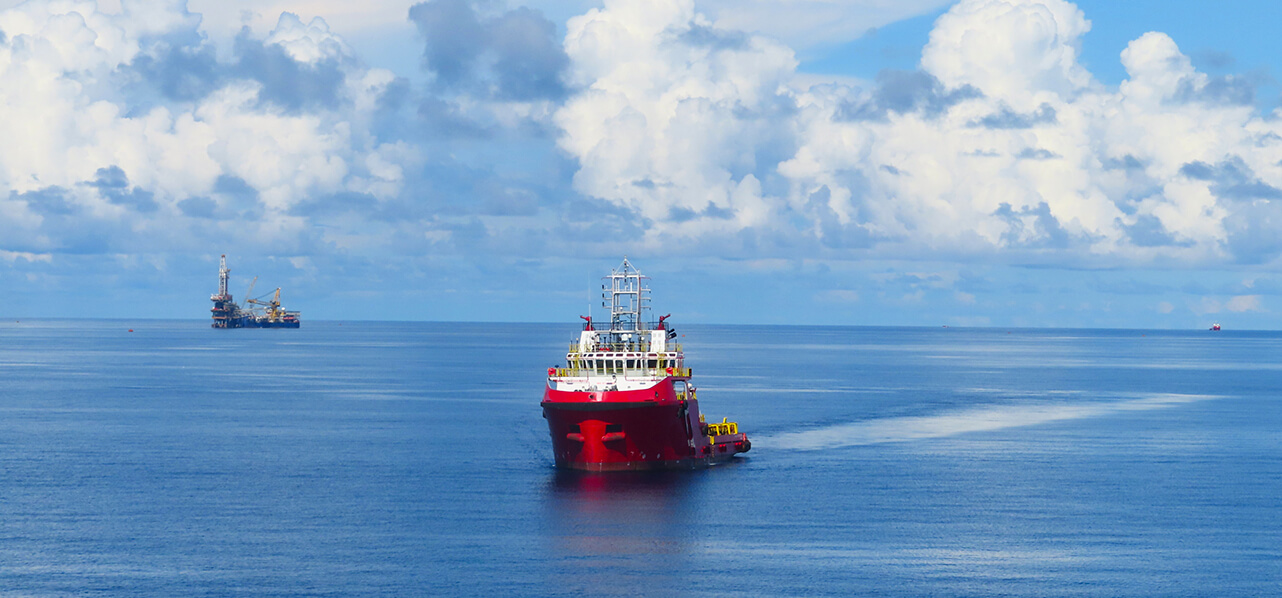Knowledge Counsel London
"That is also consistent with the approach to interpretation set out in the Vienna Convention and the importance attached to the ordinary meaning of the words used."
Maritime – Limitation
The UK Supreme Court held that a charterer, MSC, can in principle limit liability under the 1976 Limitation Convention for a claim brought by the shipowners, Conti. MSC had chartered a vessel from Conti when an explosion occurred in some of the cargo. The ship was severely damaged, three crew members died and cargo was destroyed. MSC was found liable to Conti in damages for shipping a dangerous cargo but sought to limit its liability under the Convention. It is well established that there is no right to limit for damage to the ship itself, but the debate related to certain costs from discharging and decontaminating cargo, removing waste and paying national authorities for preventative measures against pollution. The Supreme Court rejected an argument that claims could not be limited where the claim was by the shipowner against another party who fell within the extended definition of “shipowner” and held that a charterer can limit its liability for claims by a shipowner in respect of losses originally suffered by the shipowner itself. However, not all claim types were limitable. The Supreme Court held that the costs of removing and decontaminating cargo were limitable under Article 2.1(e) of the Convention. It did not matter that the costs were incurred to enable the repair of the vessel (where the costs of repair are not limitable).
MSC Mediterranean Shipping Company SA v Conti 11 Container Schiffahrts-GmbH & Co KG MS “MSC Flaminia” [2025] UKSC 14, 9 April 2025
Commodities
MSH unsuccessfully challenged an arbitration award which held that a sale contract for Colombian nut coke that it had concluded with CTW as the other named party was actually made on behalf of HCS as the undisclosed principle of CTW. MSH sought to challenge the award on jurisdictional grounds. The judge held that, on the evidence, CTW had been authorised to enter into the contract on HCS’s behalf and had intended to do that. Further, the contractual terms did not exclude the principle of undisclosed principal from applying.
MSH Ltd v HCS Ltd [2025] EWHC 815 (Comm), 7 April 2025
Construction
The Technology and Construction Court has found that in a project for the construction of a container park, where three Gatic slot drains were suffering from deterioration and damage within months of completion, the damage resulted from the manner of construction. The contractor argued that the damage resulted from the design of the park, which had been subcontracted to the defendant. The court held that the defendant had not been negligent or in breach of contract in their design. Any errors in the design were corrected before work commenced and so did not cause the damage. All the damage was caused by construction errors, such as using the wrong size of dowels, installing them at the wrong depth or not installing them at all.
MJS Project (March) Ltd v RPS Consulting Services Ltd [2025] EWHC 831 (TCC), 9 April 2025
Arbitration
The Court of Appeal has considered the meaning of an arbitration award to determine whether there was a contingent element in the relief granted. The dispute arose out of contracts for the sale of multiple cargoes of liquified gas. An UNCITRAL arbitral tribunal found that Nigeria LNG was liable to pay Taleveras US$24 m and indemnify it for any third-party claims. Nigeria LNG challenged the award on the basis that the indemnity could only be enforced after it had been endorsed by the tribunals in other related arbitrations. The argument was based on the fact that the award was set out in multiple sections. The final “Award” section began with “for the reasons set out above, the tribunal hereby decides and awards as follows…”. An earlier section relating to the indemnity referred to it being endorsed by the other tribunals. The court held that the Award section was clearly intended to serve the same purpose as a court order following a reasoned judgment. It was a self-contained statement of the relief granted by the tribunal.
Nigeria LNG Ltd v Taleveras Petroleum Trading DMCC [2025] EWCA Civ 457, 16 April 2025
Should you wish to discuss any of these cases in further detail, please speak with a member of our London dispute resolution team below, or your regular contact at Watson Farley & Williams:
| Robert Fidoe | Ryland Ash |
| Charles Buss | Nikki Chu |
| Dev Desai | Sarah Ellington |
| Andrew Hutcheon | Alexis Martinez |
| Theresa Mohammed | Tim Murray |
| Mike Phillips | Rebecca Williams |
Key contacts
Knowledge Counsel London
Partner London





